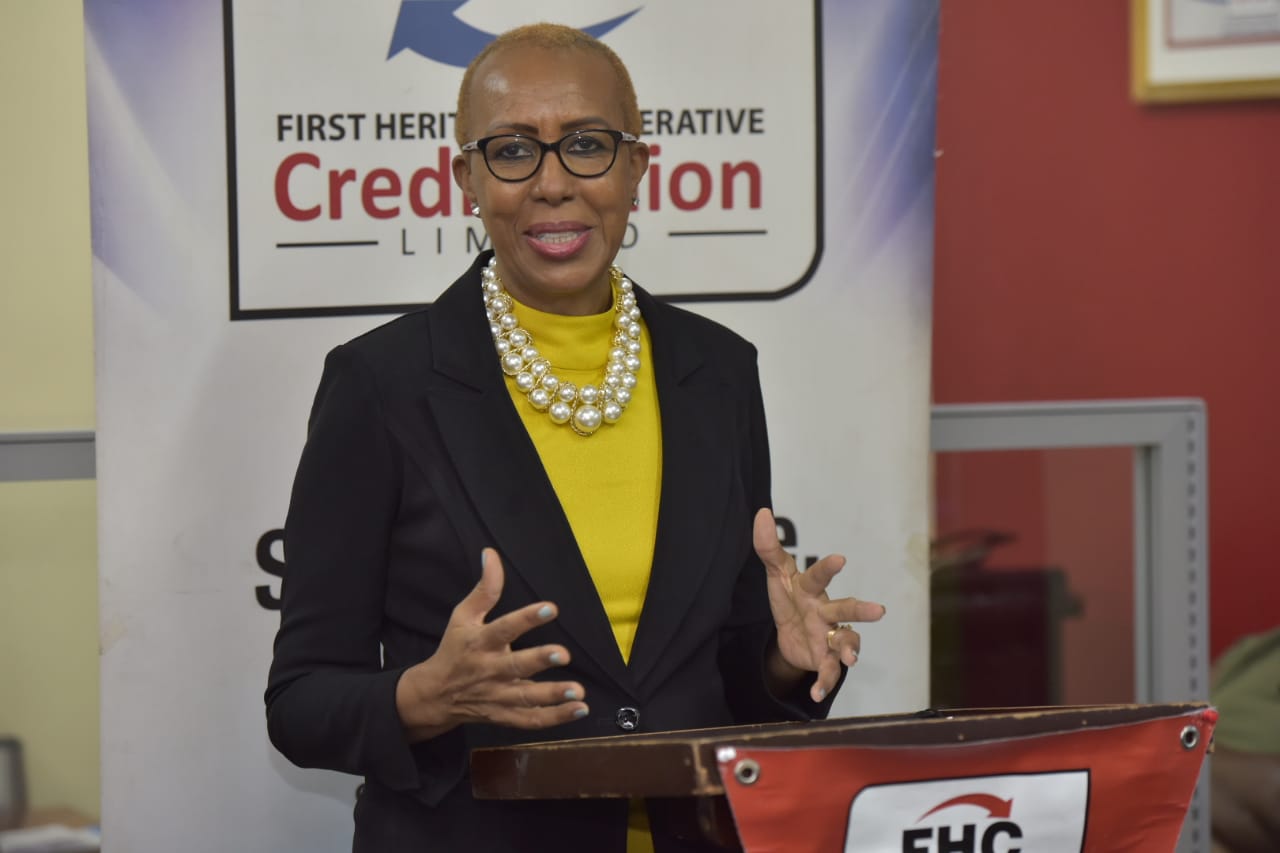Details:
Minister of Education, Skills, Youth and Information, Senator Dr. the Hon. Dana Morris Dixon, has called for stronger child protection measures in Jamaica, urging systemic reform and public vigilance against abuse and neglect.
She was speaking during the Child Protection and Family Services Agency’s (CPFSA) 14th Annual Educational Achievement Awards Ceremony on Thursday (January 29) at the Terra Nova All-Suite Hotel in Kingston.
Senator Morris Dixon emphasised that while celebrating children in State care is vital, it must be matched by decisive policy action and shared responsibility.
She maintained that child protection is a national responsibility, extending beyond any single agency, as children face risks in multiple environments.
“A lot of our children are in harm’s way at home, in their communities, and everywhere that they go. It’s a reality… we’re not taking care of our children the way that they should be taken care of,” the Minister stated.
She highlighted the persistence of abuse in homes and communities, warning that a culture of silence enables it to continue unchecked.
“I know, especially in the home, there is a lot of abuse taking place… and there are a lot of people who are turning a blind eye to it. We cannot continue on this trajectory,” Senator Morris Dixon cautioned.
The Minister stressed that safeguarding children is a shared national duty, urging greater public vigilance and reporting.
“It rests with every single person in this country. If you see something that’s not right with a child, we can’t keep quiet. We have to report it,” she said.
Senator Morris Dixon underscored the severity of the issue, citing student testimonies and national research which reveal that many cases of abuse are often minimised or ignored.
The Minister noted that national studies validate these realities and urged an honest national dialogue.
Dr. Morris Dixon stressed that confronting uncomfortable truths is essential to achieving meaningful progress, adding “we have to confront them because we have to protect our children.”
test






